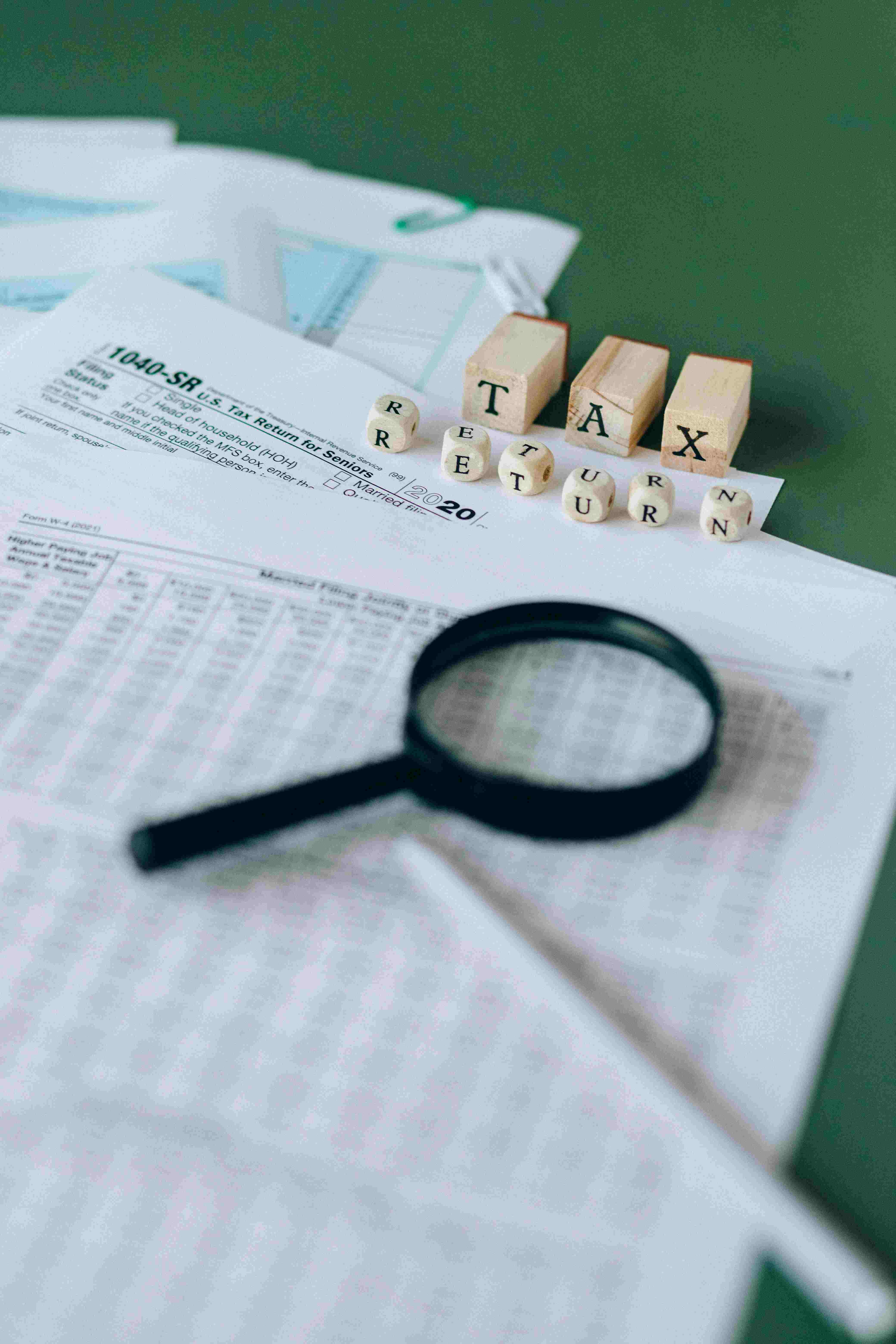Top Tips for Meeting Your Self-Assessment Tax Return and Saving Tax

Filing your Self-Assessment Tax Return can be a daunting task, but with the right preparation and knowledge, you can not only meet the deadline but also reduce your tax bill. Whether you're a company director, an employee with high earnings, a property income earner, or self-employed like an Uber driver, delivery person, taxi driver, construction worker, or CIS contractor, these tips are designed to help you navigate the process smoothly.
1. Understand Key Deadlines
The Self-Assessment Tax Return deadline for paper submissions is 31st October, while online submissions must be completed by 31st January following the tax year. Missing these deadlines can result in penalties, so mark them on your calendar.
2. Keep Accurate Records
Maintaining accurate records of your income, expenses, and any other financial transactions throughout the year is crucial. Utilize apps or accounting software to simplify this process, ensuring that you claim all allowable expenses.
3. Claim All Allowable Expenses
Make sure you claim all permissible expenses to reduce your taxable income. Common deductible expenses include:
-
Travel costs (fuel, public transport)
-
Professional fees and subscriptions
-
Office costs (stationery, phone bills)
-
Uniforms and protective clothing
-
Advertising and marketing costs
-
Business-related training and courses
-
Home office expenses (if applicable)
4. Utilize Personal Allowances
-
The Personal Allowance remains at £12,570 for the 2024/25 tax year. However, for individuals earning over £100,000, this allowance tapers off, reducing to zero for incomes above £125,140.
-
Marriage Allowance allows eligible couples to transfer up to £1,260 of their Personal Allowance to their spouse, reducing their tax bill by up to £252.
5. Consider Pension Contributions
Contributing to a pension scheme is tax-efficient. The annual allowance for pension contributions is £60,000, and contributions receive tax relief at the individual's marginal tax rate.
6. Maximize Property Income Tax Reliefs
If you earn rental income, you may be eligible for:
-
Mortgage interest relief (fully replaced by a 20% tax credit for landlords)
-
Allowable maintenance and repair costs
-
Capital Gains Tax reliefs (annual exemption of £3,000 for individuals and £1,500 for trustees in 2025)
-
Rent-a-Room Scheme (earn up to £7,500 tax-free per year when renting out part of your home)
7. Optimize Tax Savings for Self-Employed Individuals
If you're self-employed, you can reduce tax liability by:
-
Using simplified expenses for vehicle use, working from home, and meals
-
Claiming mileage allowance instead of actual fuel costs
-
Setting up a limited company for lower corporate tax rates (consult an accountant)
-
Paying into a private pension for additional tax relief
-
Utilizing the £1,000 trading allowance (income below this does not need to be declared)
8. Consider Tax Reliefs
Explore various tax reliefs available in 2025:
-
Rent-a-Room Scheme (up to £7,500 tax-free income)
-
Capital Gains Tax allowance (£3,000 for individuals, £1,500 for trustees)
-
Trading Allowance (£1,000 for side income or self-employment)
-
Property Income Allowance (£1,000 tax-free income from rental)
-
Childcare vouchers and tax-free childcare schemes
-
Domestic Allowances such as Council Tax Discounts, Green Home Grants, and Home Insulation Grants
-
Utility bill tax relief for home-based workers
-
Household-related deductions for multi-income families
9. Make Payments on Time
If you owe tax, ensure you pay by 31st January to avoid penalties and interest charges. Setting up a payment plan in advance can ease financial strain.
10. Seek Professional Advice
Navigating tax law complexities can be challenging. Consulting a tax advisor or accountant can help maximize deductions and avoid costly errors.
Final Thoughts
Meeting your Self-Assessment Tax Return obligations doesn’t have to be stressful. By staying organized, leveraging tax reliefs, and seeking expert guidance, you can minimize tax liability while ensuring compliance.
For further information and expert assistance with your Self-Assessment Tax Return, contact Acumen Accountants and Tax Advisers. Our team can help identify all possible ways to reduce tax bills for company directors, employees, high wage earners, property income earners, and self-employed individuals, including Uber drivers, delivery personnel, taxi drivers, construction workers, and CIS contractors.
Contact Us:
📞 07534473220
🌐 www.acumenagc.com
✉ info@acumenagc.com
🏢 37th Floor, 1 Canada Square, London E14 5DY
📅 Book Online Meeting Here
Disclaimer: The information provided in this article is for general guidance only and does not constitute professional tax advice. Tax laws are subject to change, and individual circumstances may vary. It is recommended to consult with a qualified tax professional or accountant for personalized advice based on your specific situation.